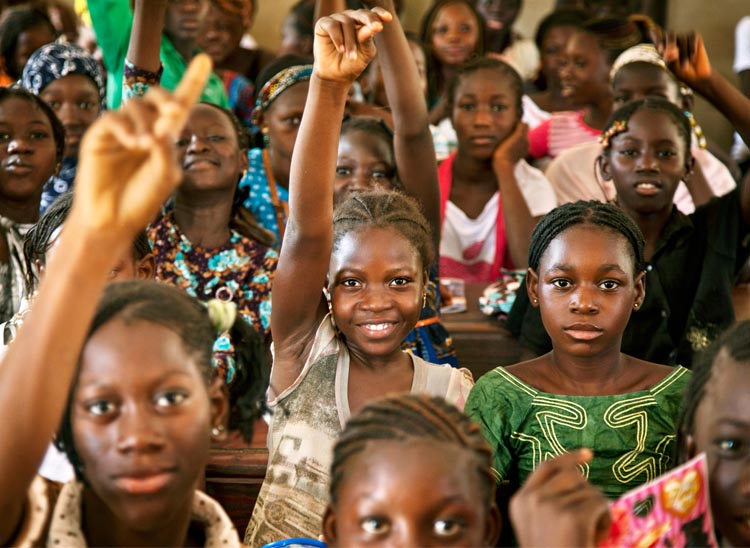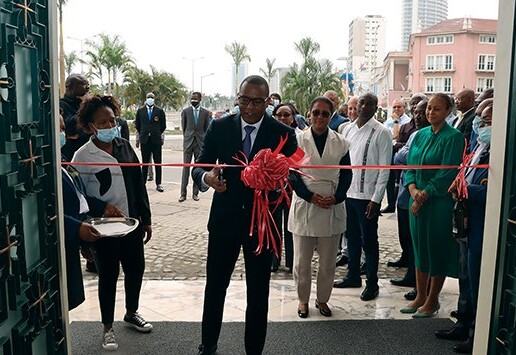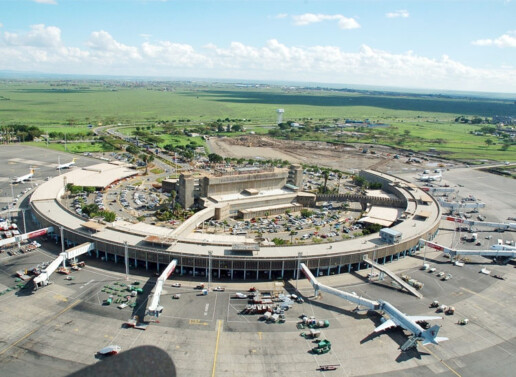The announcement was made by the World Health Organisation after examining life expectancy data between 2000 and 2019 for the 47 countries that make up the WHO African Region.
According to the UN agency’s report, tracking Universal Health Coverage in the WHO African Region 2022, life expectancy on the continent has increased to 56 years.
“This increase is greater than in any other region of the world during the same period,” WHO said, before warning that the negative impact of the COVID-19 pandemic could threaten “the huge gains”.
The African continent has benefited from improved access to essential health services – from 24 per cent in 2000 to 46 per cent in 2019 – along with gains in reproductive, maternal, new-born and child health.
Considerable progress against infectious diseases has also contributed to longer life expectancy, WHO said, pointing to the rapid increase in measures to control HIV, tuberculosis and malaria from 2005.
Despite these positive initiatives to prevent and treat infectious diseases, the UN agency warned that these figures were offset by a “dramatic” increase in hypertension, diabetes and other non-communicable diseases, and a lack of health services targeting these diseases.
“It is crucial that governments step up public health financing,” the WHO insisted, adding that most African governments guarantee less than 50% of their national health budgets. “Only Algeria, Botswana, Cape Verde, Gabon, Seychelles and South Africa” fund more than half of their health spending, the statement said.
One of the WHO’s key recommendations for all governments wishing to increase access to health care is that they reduce “catastrophic” household spending on medicines and consultations.
Households spending more than 10% of their income on health fall into the “catastrophic” category. Over the past 20 years, out-of-pocket spending has stagnated or increased in 15 African countries.
08/08/2022







